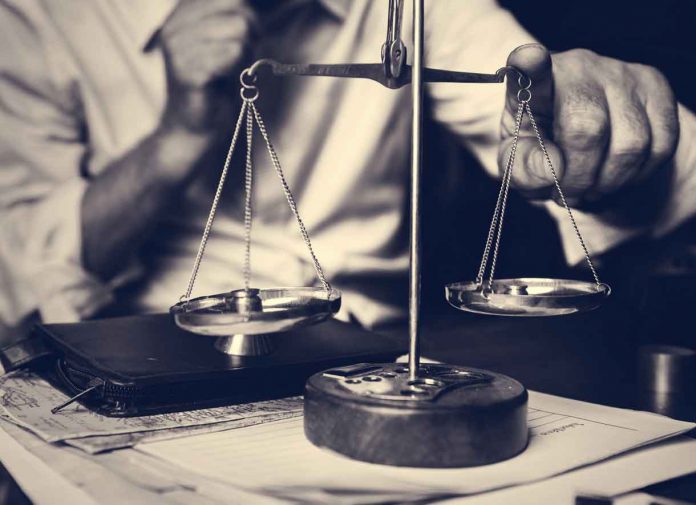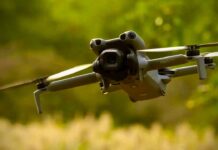TORONTO – On September 2, Karl Dockstader, the co-recipient of the 2020 CJF-CBC Indigenous Journalism Fellowship, was arrested and charged with mischief, and failure to comply with a court order. Dockstader was covering a land dispute between members of Six Nations, the band council, and a development company, on land known as the Haldimand Tract. The arrest bans him from the site under threat of more charges.
The Canadian Association of Journalists (CAJ) and Canadian Journalists for Free Expression (CJFE) condemn, in the strongest possible terms, the Ontario Provincial Police’s decision to arrest and lay charges against an award-winning Indigenous journalist.
“The OPP are well aware that journalists have an established constitutional right to be present and cover matters of public interest,” said Brent Jolly, CAJ president.
“Attempting to prevent a journalist from documenting a moment of contentious action is impermissible in a country like Canada. Journalism can never be silenced.”
“It is particularly disappointing at this time to see another police force not only exceeding its powers, but undermining the efforts of Canadians and their governments to pursue reconciliation with our First Peoples,” said Phil Tunley, president, CJFE.
Third Time Police have Arrested Journalists in Recent Years
This arrest marks the third time in recent years police have attempted to lay charges against journalists for covering land conflicts between Indigenous people and the Crown.
In March 2020, independent filmmaker Melissa Cox was arrested while covering a land dispute related to the Wet’suwet’en territory, at a railway blockade in New Hazelton, B.C. Charges of mischief and trespassing were thrown out of court last month.
As well, in 2016, civil and criminal charges were laid against reporter Justin Brake, whilst he was reporting on Indigenous opposition to a construction project, on Crown land, at Muskrat Falls.
In 2019, the Newfoundland and Labrador Court of Appeal issued a landmark decision that reaffirmed that special considerations apply to journalists working in good faith and reporting on matters in the public interest—even when an injunction is in place, or events occur on private property. The case also recognized the significant role the media must play in reconciliation with Indigenous peoples.
Docktstader has been reporting on the dispute most of the summer, filing two reports for the podcast network Canadaland, and multiple reports for the podcast One Dish, One Mic which airs on AM 610 CKTB. Docktstader co-hosts the podcast with Sean VanderKlis.







